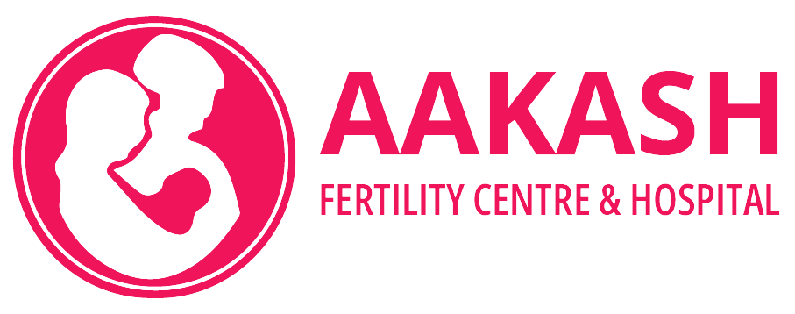Surrogacy: A Pathway to New Beginnings
Being able to carry a child and experience childbirth is undeniably a blessing, marking the beginning of a new chapter in a mother’s life. The key to a healthy pregnancy lies in various factors, with the mother’s well-being taking precedence. According to top IVF specialists, Dr. Jeyarani Kamaraj at Aakash IVF Centre, the mother’s health plays a crucial role, and any compromise can lead to the devastating outcomes of stillbirth or miscarriage—a nightmare for couples aspiring to start a family.
Embarking on the journey of motherhood is not a straightforward path for everyone. Fortunately, assisted reproductive techniques such as IVF and surrogacy have emerged as a lifeline for couples facing challenges in initiating this journey. Surrogacy stands out as the ultimate solution for families where it is medically impossible for the female partner to conceive or carry a baby to term.
What is Surrogacy?
Surrogacy, available at best IVF clinics Aakash Fertility Hospital, Chennai is a third-party IVF technique wherein intended parents enter a legal agreement with a woman to become a surrogate mother to their child. The surrogate mother is impregnated by placing the zygote, formed through assisted fertilization using gametes from the intended parents, in her womb, allowing it to grow naturally. The surrogate mother carries the baby to term but holds no legal rights, and the baby is handed over to the intended parents upon birth.
Types of Surrogacy:
Surrogacy encompasses two primary techniques, categorized as Traditional surrogacy and Gestational surrogacy.
In Traditional surrogacy, the surrogate mother is inseminated with sperm from the intended father, establishing a genetic connection between the baby and the surrogate mother. It’s important to note that Traditional surrogacy has been prohibited in India.
Conversely, Gestational surrogacy involves using the sperm and egg from the intended father and mother, respectively, followed by fertilization using IVF techniques. The resulting embryo is then carefully implanted in the surrogate mother’s uterus for normal development. As the egg used belongs to the intended mother, the surrogate mother is not genetically linked to the baby. In such cases, the surrogate mother is recognized as the birth mother, while the biological mother is the one providing the egg.
When to Consider Surrogacy?
Surrogacy becomes a beacon of hope for women facing medical challenges preventing them from carrying a pregnancy. If you experience severe health issues such as:
- Chronic Health Issues: Underlying diseases affecting organs like the kidneys, heart, or liver can lead to prenatal complications, posing risks to both the child and the expecting mother.
- Uterine Abnormalities: Conditions like uterine fibroids or scarring can damage the endometrial lining, hindering normal implantation and preventing conception.
- Multiple Failed IVF Attempts: When couples experience repeated unsuccessful attempts with IVF due to factors like ovarian response or an unhealthy uterus, surrogacy emerges as a viable alternative.
- Certain Medications: If necessary medications, which cannot be discontinued, may be harmful to the fetus, your doctor might recommend surrogacy.
- Uterine Malignancies: Conditions like uterine cancer may necessitate hysterectomy, rendering a woman unable to conceive or bear a child.
In Chennai, Dr. Jeyarani, a top gynecologist at Aakash Fertility Centre & Hospital, stands as an expert in surrogacy solutions. To book an appointment, Aakash Fertility Centre as your go-to destination for top-notch IVF services.
– Aakash Fertility Centre & Hospital
Book Appointment : +917871233333

